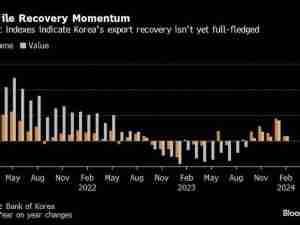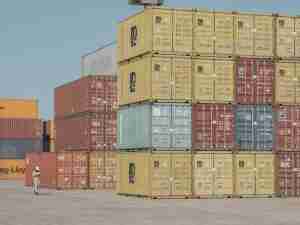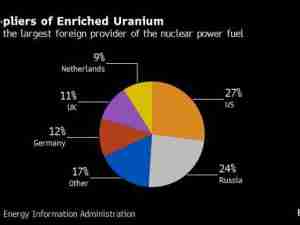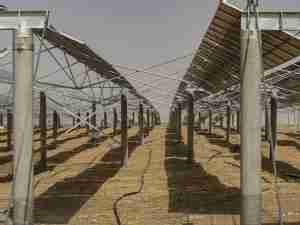The head of Sri Lanka’s central bank blamed delayed support from multilateral lenders as well as higher cost of imports for a spike in inflation—the latest in a string of economic challenges facing the island nation.
The International Monetary Fund was late in providing support to the island nation during the pandemic, Governor Ajith Nivard Cabraal said in a virtual address to the Asia Economic Dialogue 2022. That delay fueled some additional inflation, he said.
Sri Lanka’s inflation rate last month surged past Pakistan’s, making it the fastest in Asia. The surge was stoked by failed harvests, import curbs to conserve dwindling foreign-exchange reserves, and high global prices of key commodities.
Inflation is a challenge for Sri Lanka, Cabraal said. The central bank has raised interest rates by 100 basis points since August to check price growth, which breached 14% in January.
Rising prices aren’t the only problem facing the South Asian island nation. Its foreign reserves have fallen below $3 billion, with almost $7 billion of overseas debt due for repayment in 2022. That was accompanied by downgrades of the sovereign’s credit score to deeper into junk, eroding investor confidence.
Sri Lanka is asking advice from the International Monetary Fund on its economic challenges, the nation’s Finance Minister Basil Rajapaksa said earlier this month.







